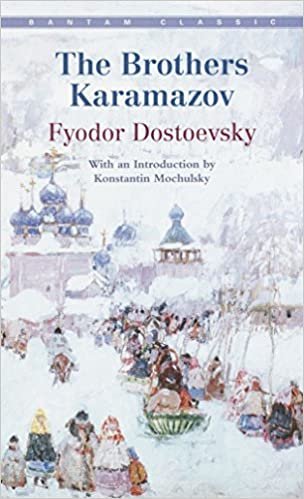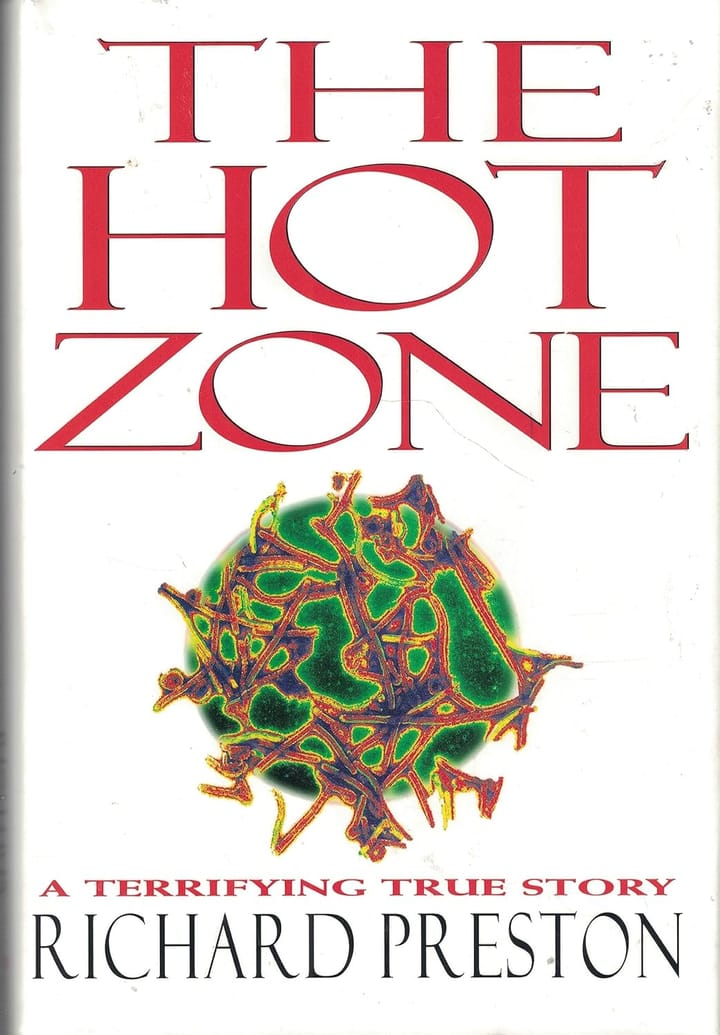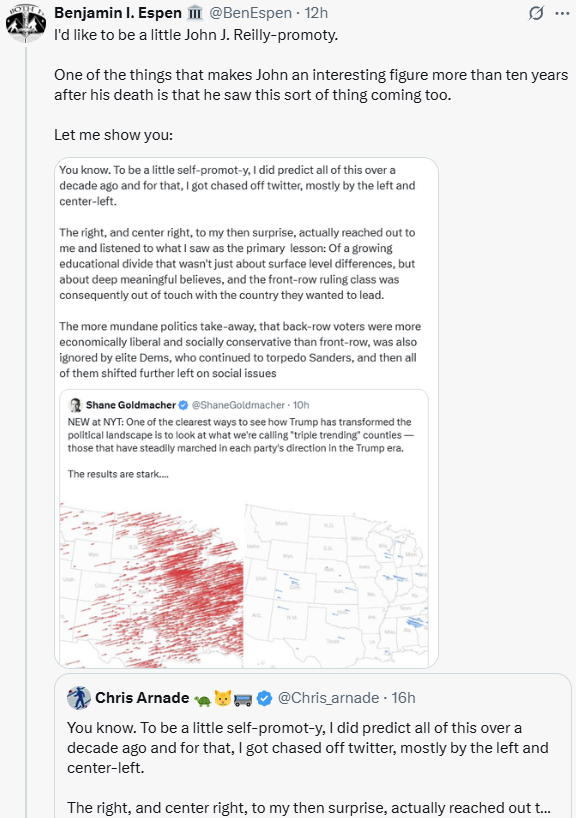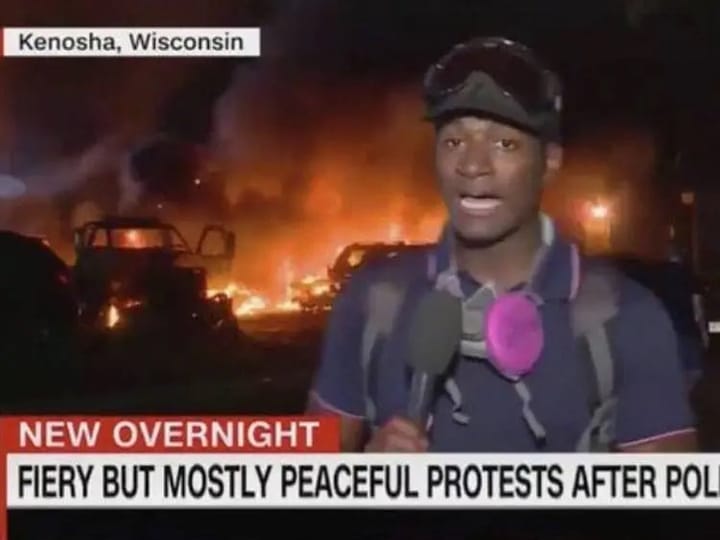The Long View: The Brothers Karamazov
John J. Reilly felt that The Brothers Karamazov was a window into the Russian soul. I haven’t read the book myself, so I’ll have to await your comments.

The Brothers Karamazov
By Fyodor Dostoevsky
First Published in Russian 1880
English Translation by Andrew R. MacAndrew
Bantam Classic Reissue 2003
(Introduction by Konstantin Mochulsky)
1045 Pages, US$7.99
ISBN 0-553-21216-8
Twenty-first century American readers of this book may be reminded of Ayn Rand’s Atlas Shrugged (1957): in both cases we have a Russian on a thousand-page soap box expounding on the great issues of life through the exploration of character. Readers contemporary with this review might also, perhaps mistakenly, find the book accessible because the author’s witty foregrounding of narrative unreliability and the tricks of genre smacks of postmodernism. The Brothers Karamazov is certainly worth the trouble to understand. When people talk about the Russian soul, or pan-Slavism, or a Russian Manifest Destiny, some interpretation of this book is usually what they mean. With Russia still recovering from the three-generation Communist episode of the 20th century (an episode the author clearly seems to have anticipated), it is worth the trouble to try to understand what Dostoevsky meant, and whether what he meant has any future.
The root of the problem (though not of any evil, since this book lacks villains) is old Fyodor Pavlovich Karamazov, a minor member of the mid-19th century landed class (the story takes place in the 1860s, just after the abolition of serfdom in 1861) who parlayed a knack for usury and sharp business practice into a fortune large enough to support a life of genteel debauchery. He was married and widowered twice, fathering Dmitry (Mitya) by his first wife and Ivan (Vanya) and young Alexei (Alyosha) by his second. Despite his great wealth, he shamefully neglected all his legitimate children, though he kindly treated the servant Smerdyakov, possibly his natural son, who probably murdered him. The story is, again, a soap box from which the author deploys subplots involving the wisdom and foibles of Russian monks, the crisscrossed romantic interests of the Karamazovs, and the fantastic cruelty of children to each other to offer a fundamentally theological critique of the human condition. The backbone of the book, though, runs through the murder of Fyodor and the trial and conviction of Mitya for the deed.
Mitya, Ivan (he is called that more often than the diminutive “Vanya”) and Alyosha are raised by various inlaws and even kindly strangers. The action happens when they return to the town of Skotoprigonievsk as young men to get to know their father and each other. (We learn the name of the town, which apparently means something like Cattle Run or Beastville, very late in the book, but it is supposed to be based on Staraya Russa in the Novgorod Oblast; the book in general provides no sense of geography or landscape, indeed little physical description of any kind.) Fyodor the father is not so much complex as a character as incoherent. Imagine Falstaff as a successful moneylender; such people are not rare. He is a libertine and occasional penitent who derides his own outbursts of remorse in the act of making them. He lies all the time, except when he is telling the absolute truth. Though incredulous at first of the possibility that his sons might have some genuine affection for him, he sometimes experiences genuine feeling for them, and even asks them to live with him. He is a man of great emotional force and even psychological insight, but who lacks the will, or perhaps the grace, to bring his personality into focus.
The author does not bore us with the metaphysical typology of the Karamazov family, but it is probably not an over-interpretation to suggest that the trinity of Mitya, Ivan, and Alyosha express the body, mind, and spirit of their father. Mitya shares his father’s impulsive and sensuous nature, but not his duplicity. A retired army officer at age 28, he returns to his father to wrangle over an inheritance claim to his mother’s property. By and by, they are also wrangling over the affections of the not-particularly-lovely Grushenka. Meanwhile, Mitya is trying to both separate himself from and pay a large debt to his fiancée, Katerina, with whom Ivan has fallen in love. Ivan is a hardworking intellectual who replicated something of his father’s financial success and who also manifests his father’s spasmodic skepticism, but in a peculiar mode. It is to Ivan that we owe Dostoevsky’s Paradox and the tale of the Grand Inquisitor. The paradox is whether the glorious eschaton toward history is said to be moving would be justified if it were predicated on the tears of a single neglected child; or perhaps better, doesn’t the gorge of a moral man rise at the thought that other people’s past or present suffering might be just the mulch for someone else’s future happiness, even one’s own? The story of the Grand Inquisitor recounts the rebuke (another long speech from the soap box) that the Inquisitor gives to Jesus, berating him for giving mankind freedom they could not handle and leaving to the Inquisitor and his colleagues the burden of making life bearable for a weak and fallible mankind. For Ivan, ambiguity is the opposite of dishonesty. Ivan formulates the principle that without God, everything is permitted. That is either a warning or a slogan of liberation, and Ivan cannot say which it is. That brings us to Alyosha.
When we meet, he is a young monk at a local monastery. He was not pursuing final vows, but spending a few years in religious formation. Everyone trusts and likes Alyosha. Though he is not invariably right, he always tells the truth. He appears in the book chiefly as a peacemaker. In addition to trying to reconcile the strife within his own family, he teaches compassion to some of what may be the most lynch-worthy teenagers in the whole of world literature. One of these, Ilyusha, dies of consumption at the end of the book, permitting Alyosha to make a matter-of-fact reiteration of the promise of the Resurrection, which contrasts with the false eschaton a few pages earlier of the mistaken conviction of his excitable brother Mitya for the murder of their father. Alyosha, however, though he has his speeches, is chiefly the agent of the Elder Zosima, a great confessor and possible saint at Alyosha’s monastery. He dies in the first half of the book, but not before giving discourses that Alyosha duly records. Among the last things he does is to advise Alyosha to live his life in the world and not in the monastery, advice that Alyosha takes.
Perhaps the greatest difficulty in understanding The Brothers Karamazov is that Ivan’s ambiguity, and even Fyodor’s duplicity, run all the way through it. The nature of the narrator is ambiguous. He is omniscient, telling us the inmost thoughts and real nature of all the characters, but sometimes he lapses into the first person and becomes a citizen-eyewitness of the extraordinary events at Skotoprigonievsk. Perhaps he is the hallucinatory devil who visits Ivan. For the most part, there is an objective chain of incident, but the characters in their speeches arrange events in their own way. That is particularly the case at Mitya’s trial: the final speeches of both defense and prosecution are plausible and even just. When, then, are we to take it that this book is supposed to touch reality outside its borders?
Immanuel Kant famously said that we experience the noumenon, reality without the intermediation of the categories of perception, only when we will something. We meet reality in this novel, perhaps, when the characters touch this counsel of perfection from the Elder Zosima:
Above all, remember that you cannot be anyone’s judge. No man on earth can judge a criminal until he understands that he himself is just as guilty as the man standing before him and that he may be more responsible than anyone else for the crime. Only when he has understood this can he become a judge. Absurd though it may sound, this is the truth. For it is possible that, if I myself had been upright, this man would not be standing before me accused of a crime. If you can accept the responsibility by the man standing before you, whom you are judging in your heart, then take the crime upon yourself and pay for it with your suffering and let the accused walk away without reproach. And even if the law itself makes you his judge, you must still endeavor to act in that spirit, for when he leaves he will condemn himself more severely than you could have done. Even if he walks away unmoved by your embrace, laughing at you, do not let it deter you; it only means that his time has not yet come—and it will come in due course. And if it does not come, it is no matter either, for if not he, then someone else will understand and answer for him, condemn himself and suffer in his place. And justice will be done. Believe that, never doubt it, and therein lies the hope and the faith of the saints.
One could put this as “compassion is the truth,” but compassion is too cold, too Buddhist a term for what is meant here.
The ideal of human solidarity that Zosima’s principle implies is, for Dostoevsky, the opposite of socialism; a society based on the right to bread is a society that has rejected God. A thorough study of this book would take note of all the fatuous progressive comments that the characters make, and of the author’s repeated warnings that they will lead to something like the Terror of the French Revolution. However, it would be a grave error to see The Brothers Karamazov as a political book. The book is interesting, not for what it’s against, but what it’s for.
Does this book disclose the key to the Russian soul? If so, then Ayn Rand, I suspect, was not pleased.
Copyright © 2008 by John J. Reilly



Comments ()